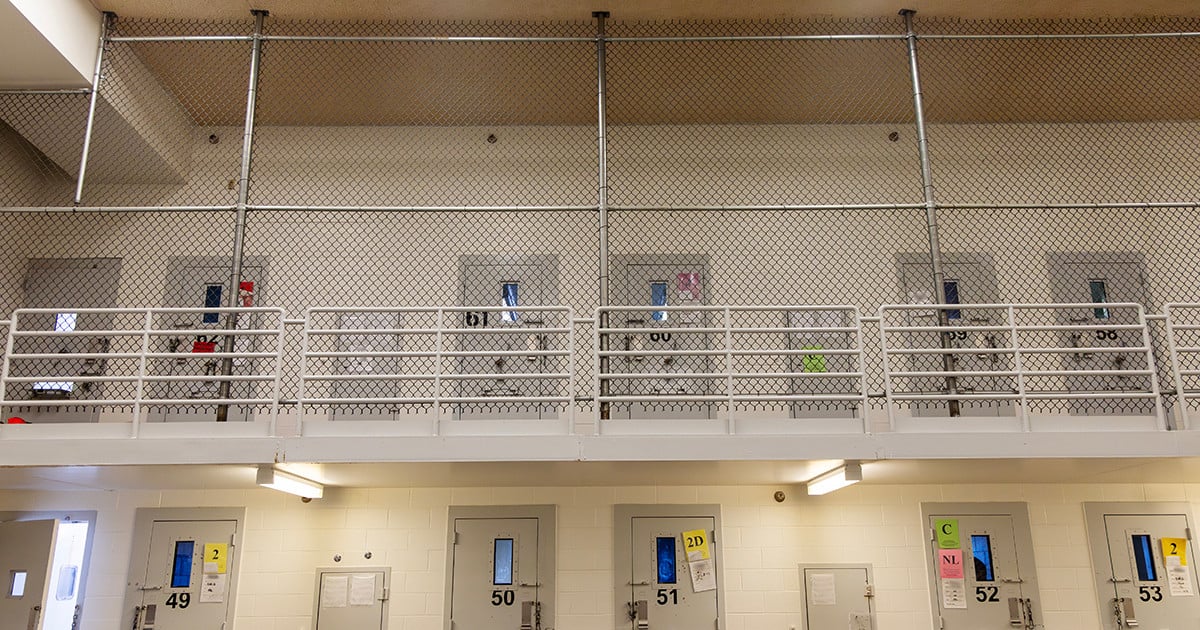

At what point does this sort of thing stop being politics and start being organized crime? So now I halfway-hope the vigilantes that try to do this will end up facing criminal charges for it
But, I also halfway-expect cops and prosecutors to look the other way if the victims of this kind of crime ends up being the kind of people they’d be disproportionately policing and convicting anyhow


























I enjoy the schadenfreude as much as the next guy, but there is a frame in which this kind of confusion does actually make sense.
It’s the frame in which you acknowledge that our system of justice isn’t about holding everyone equally accountable to the law, it’s instead been an institution to keep the poor and marginal in their places- that is, it’s about enforcing an unspoken social, class, gender, and racial hierarchy that a lot of the MAGA folks take for granted and really want to defend and uphold.
That is the order they’re talking about when they say ‘Law and Order’. The order is a social, racial, gender, and class hierarchy, and the law is the means by which the hoi polloi are kept in whatever the powerful in it regard to be their ‘rightful places’.
For these people, the idea that the law might actually apply to everyone is an attack on the basis of order as they understand it. Of course they’re mad.